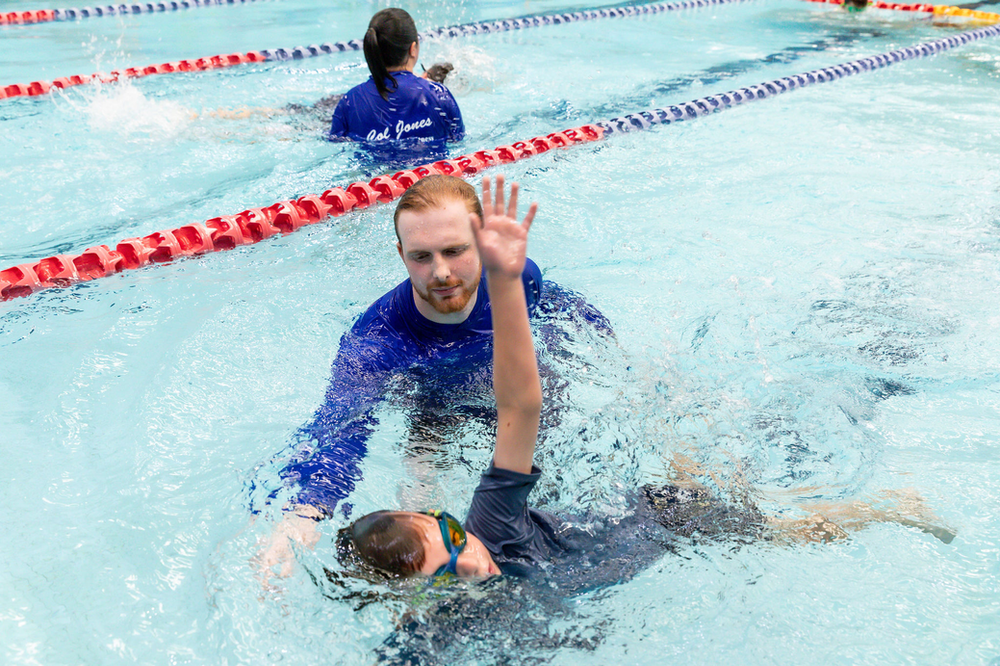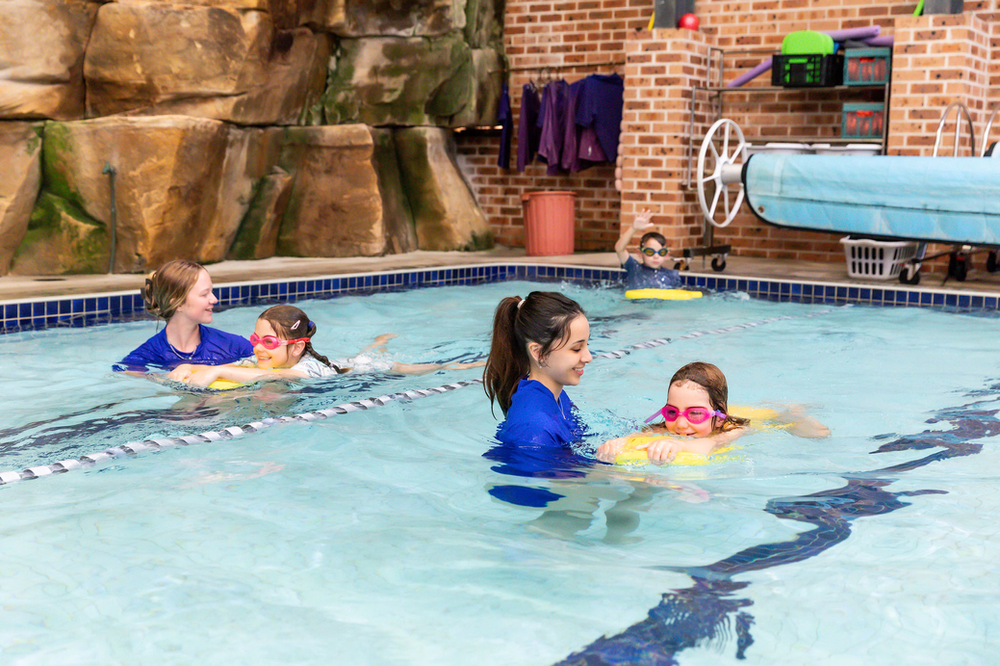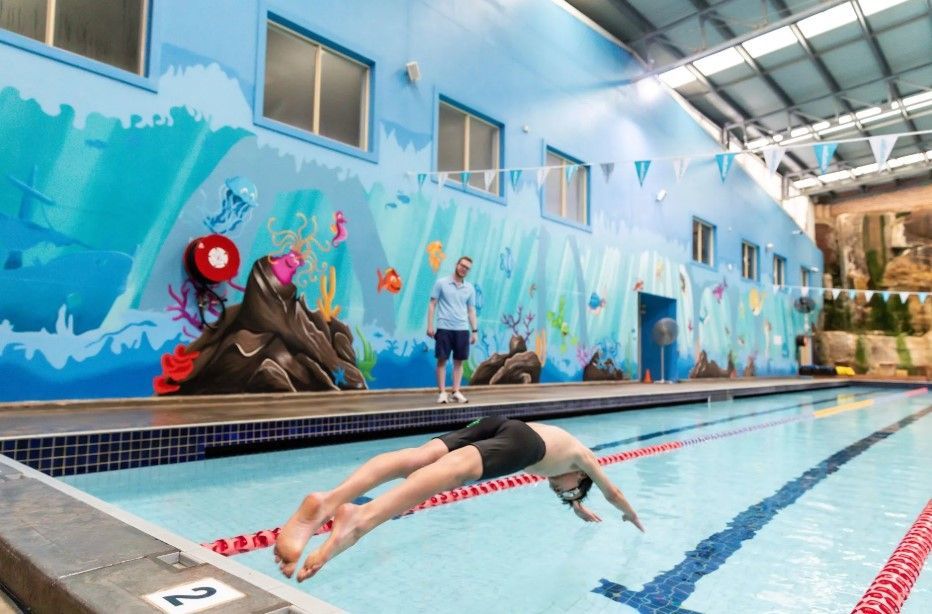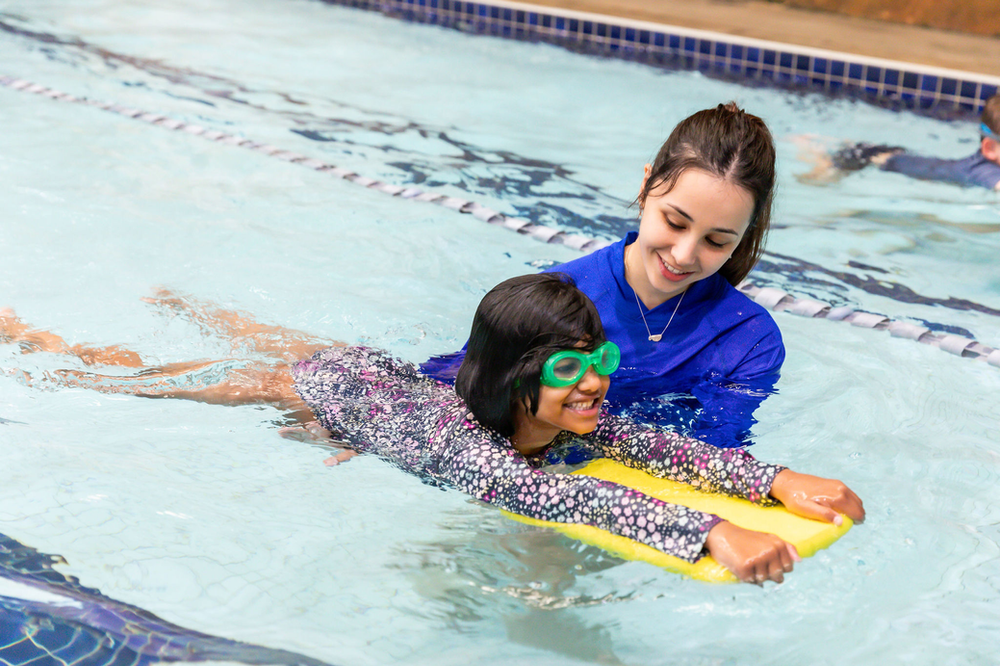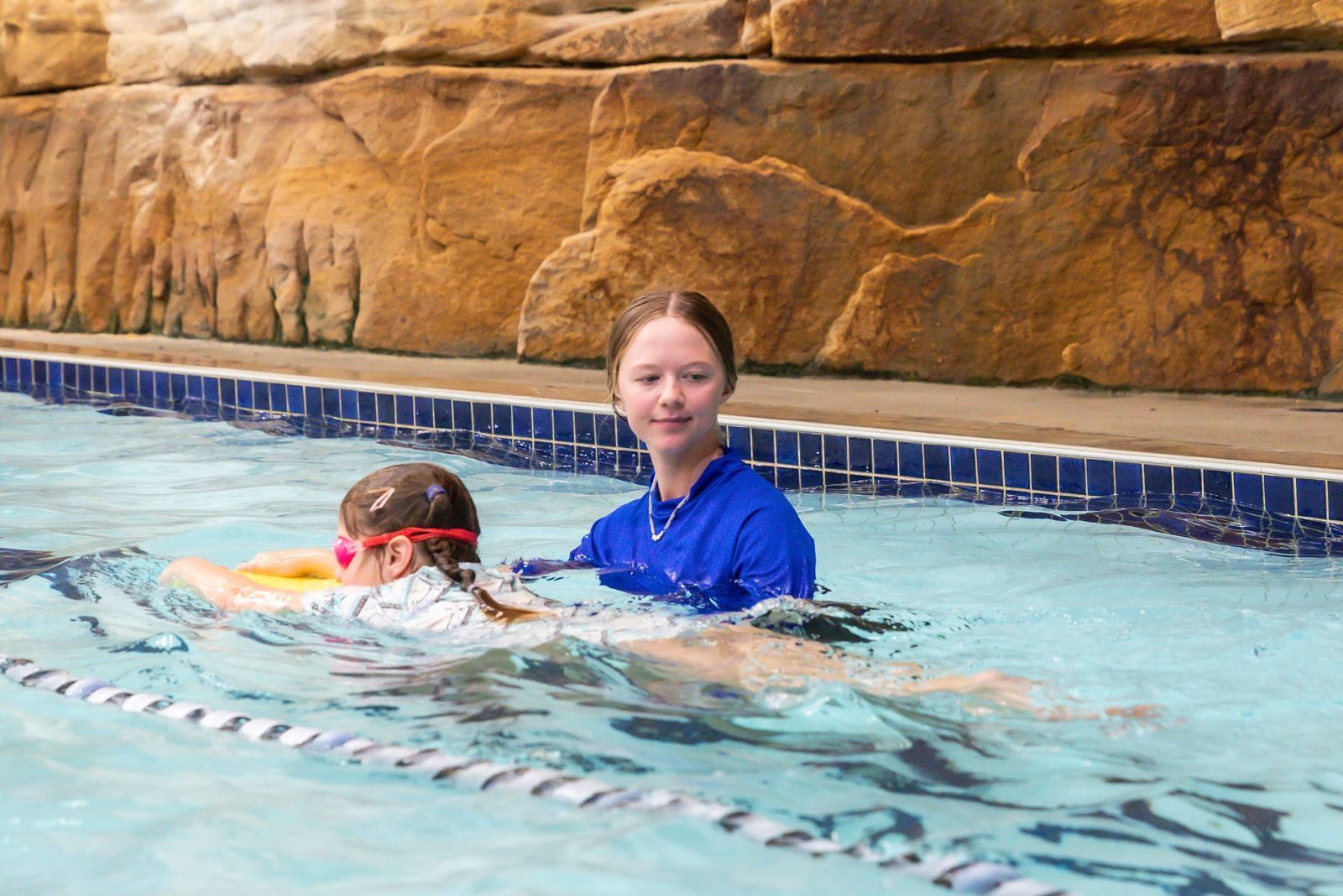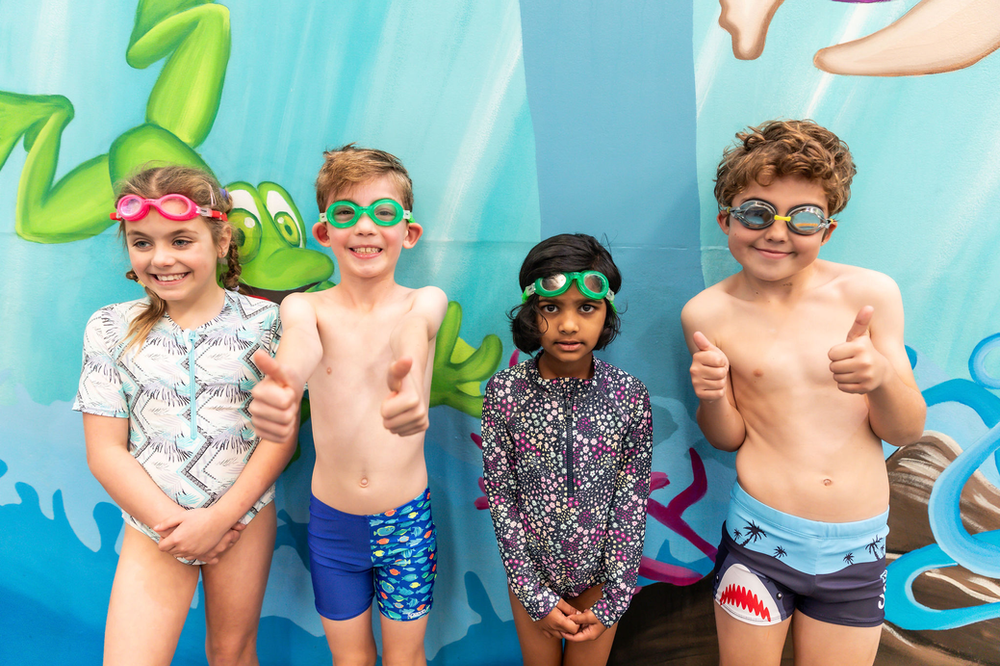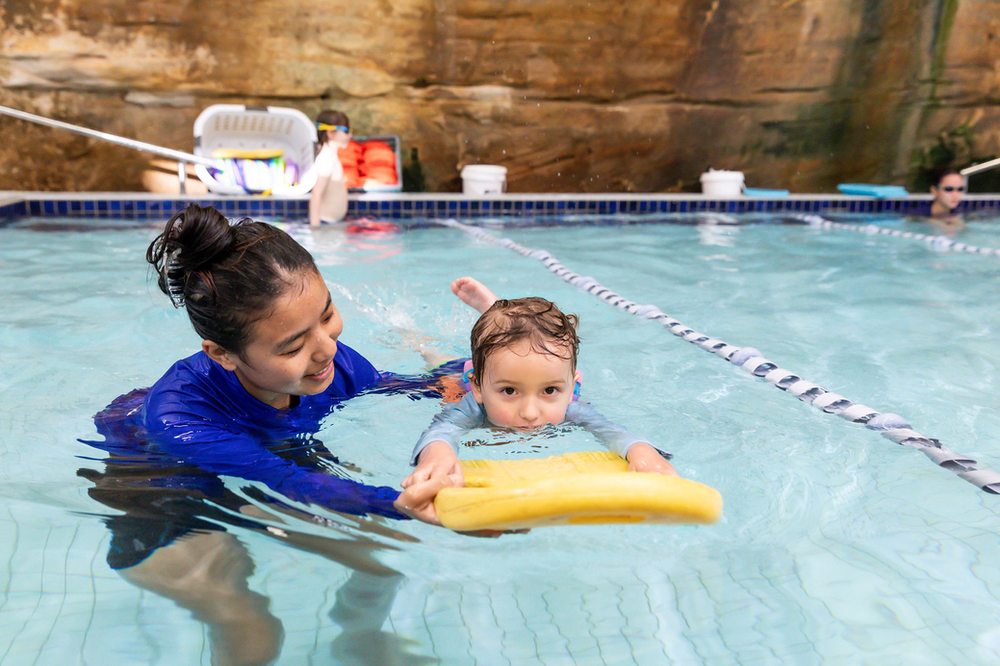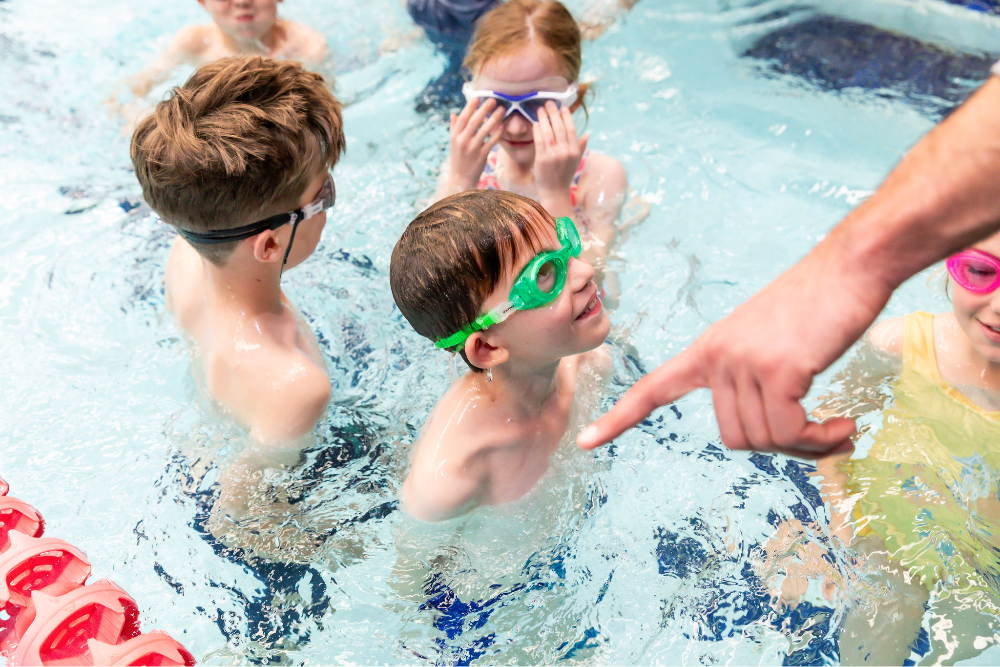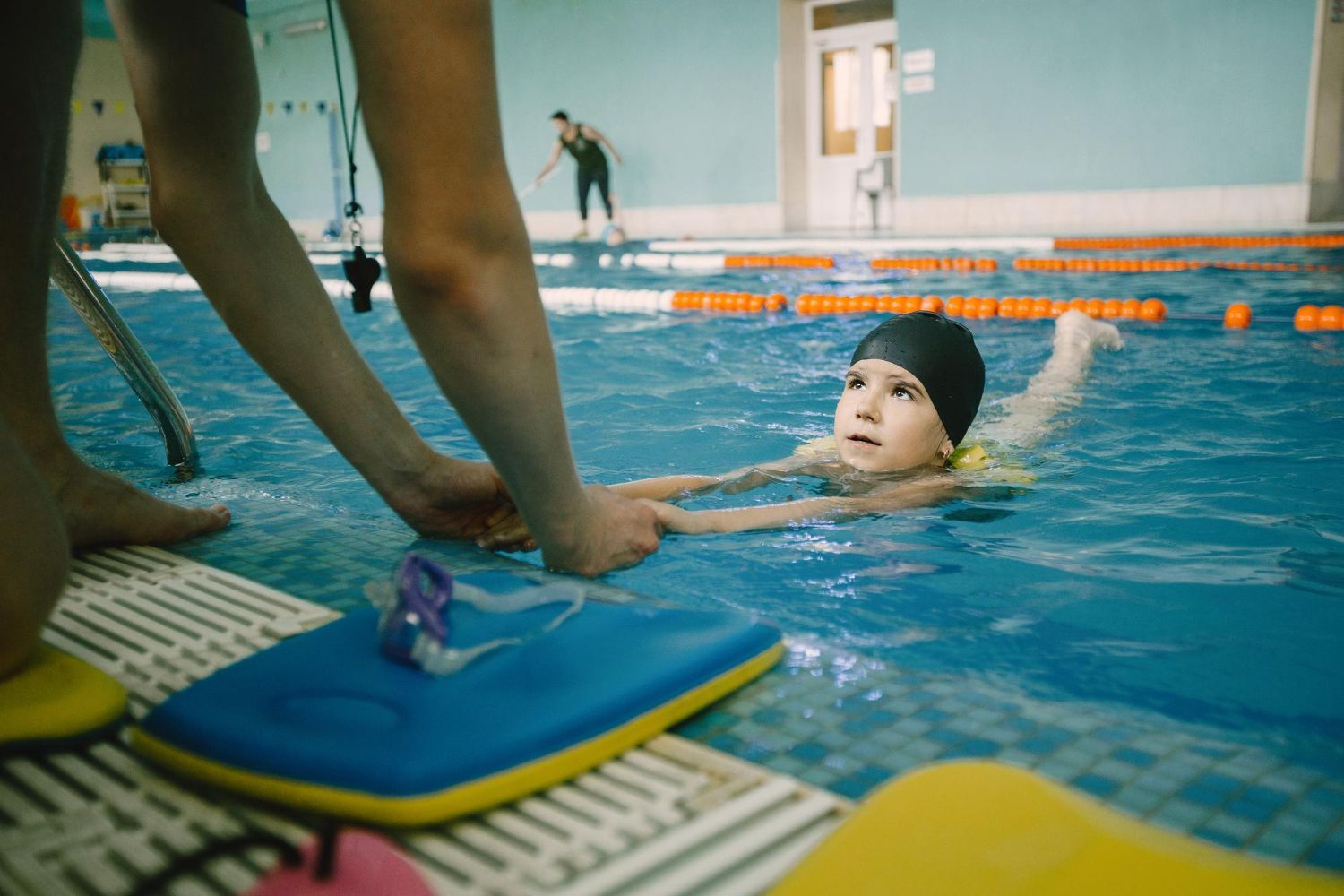Signs Your Child Might Be Ready for Advanced Swimming Lessons
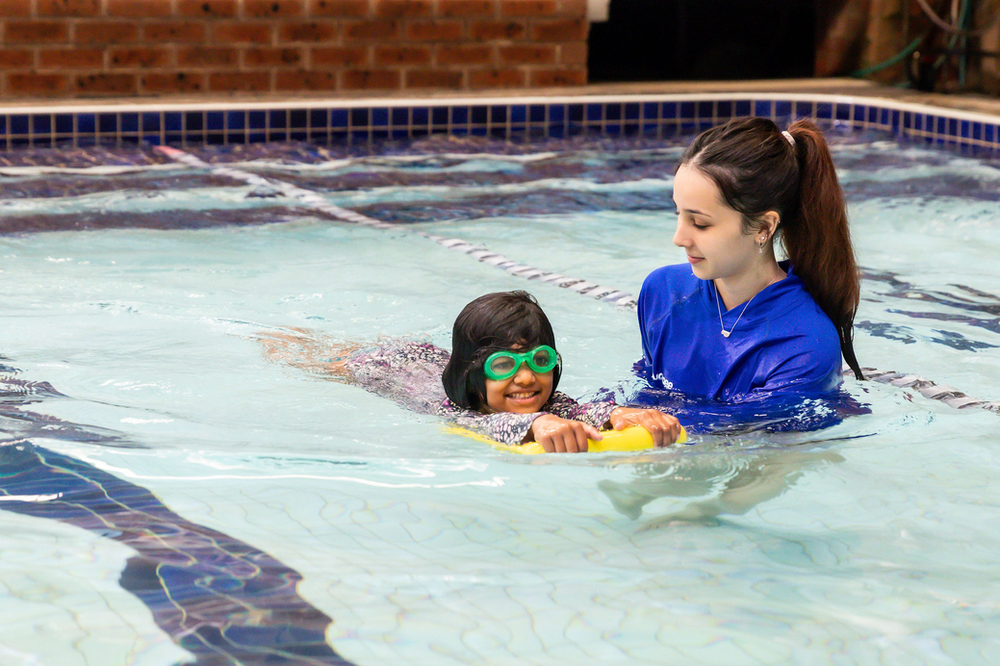
Recognizing when your child is ready for advanced swimming lessons is a significant milestone. It's not just about being able to float or splash around; it's about embracing new challenges and refining swimming abilities. Children progress through different levels at their own pace, and each child's readiness depends on a variety of factors. Watching for certain signs can help determine when they might be ready to dive into more advanced skills. Paying close attention to your child's swimming habits and progress can make this transition smooth and rewarding for both of you.
Imagine watching your child confidently glide through the water, executing strokes with ease and joy. As a parent, you might wonder when they are ready to tackle more advanced swimming tasks. This shift not only boosts their aquatic skills but also builds confidence and can be a lot of fun. Let's explore some clear indicators that your child might be prepared for this next step.
Developing Confidence in Basic Skills
One of the first signs that your child is ready for more advanced swimming lessons is their mastery of basic skills. Confidence in the water plays a crucial role here. When a child feels at ease performing fundamental techniques, it's often a good indication they might handle more complex skills.
Here are some basic skills your child should be comfortable with:
- Confident floating: Your child should be able to float without assistance, maintaining a relaxed and balanced posture.
- Basic strokes: They should have a good grasp of fundamental strokes such as freestyle and backstroke, with reasonable form and coordination.
- Comfortable breathing techniques: Watching your child handle breathing with ease as they swim is key. Proper head position and timing with strokes make a big difference.
Helping your child practice these skills at home or during a swim session can be beneficial. Encouraging them to try new things, like holding their breath underwater for longer, can naturally boost their confidence. Engaging in simple, fun exercises that incorporate these skills can make practice feel less like work and more like a game. Remember, every small improvement paves the way for bigger accomplishments in their swimming journey.
Increased Endurance and Stamina
For children stepping into advanced swimming lessons, having good endurance and stamina is essential. It's more than just keeping up with a group; it's about ensuring they can handle longer distances and more intensive workouts without getting overly tired. Kids show they're ready by managing to swim longer stretches of the pool with little need for breaks. If they're consistently asking for another lap or showing excitement rather than fatigue, it's a big hint they're primed for more challenging work.
Building stamina isn’t limited to swim practice. It extends to activities outside the pool too. Encourage activities that promote aerobic fitness, like cycling or playing tag. These not only keep them active and healthy but also contribute to their swimming endurance. Being attentive and discussing endurance goals with their coach can provide a clearer picture of their readiness.
Eagerness to Learn and Challenge Themselves
Children who express an eager willingness to tackle new swimming techniques and challenges indicate they might be ready for the next level. It's often about their enthusiasm to learn strokes they've seen older swimmers do, like the butterfly or a neat flip turn, and their curiosity to experience more advanced training.
If your child shows excitement when learning something new or stays motivated despite initial struggles, it's a valuable trait for advanced lessons. Encouraging them to set personal goals and celebrating those little achievements can boost their drive to learn. If they're constantly asking questions or watching intently as others perform new skills, they’re ready for bigger challenges.
Positive Feedback from Instructors
Another significant factor in deciding when to move your child to advanced lessons is the feedback from their instructor. Coaches who note steady improvements and comment on their readiness are often spot-on. Positive remarks about their technique, stamina, or willingness to listen and learn signal they might benefit from more advanced guidance.
Make it a habit to talk with instructors about your child’s progress. Ask them for their observations on strengths and areas that could use more focus. This open communication establishes a strong support system for your child, making transitions smoother and more aligned with their abilities.
Preparing for a Transition
When considering moving your child to more advanced lessons, recognize the signs as part of their natural growth and development in swimming. From their confidence in the basics to their growing stamina, eagerness to take on new challenges, and feedback from instructors, these indicators form a clear picture.
It’s an exciting moment when your child is ready for advanced swimming lessons, a step filled with potential for growth and achievement. Support them by staying informed and connected with their progress, both in and out of the pool. Understanding these readiness signs can help guide you in making informed decisions that best support your child's swimming journey.
Discover more about how
kids swimming lessons can enhance your child's abilities by exploring our specialized programs. At Col Jones Swim Tempe, we're committed to nurturing each swimmer's journey, ensuring they're ready for every new aquatic challenge. Dive into our offerings and see how we can support your child's growth in a friendly and engaging environment.


